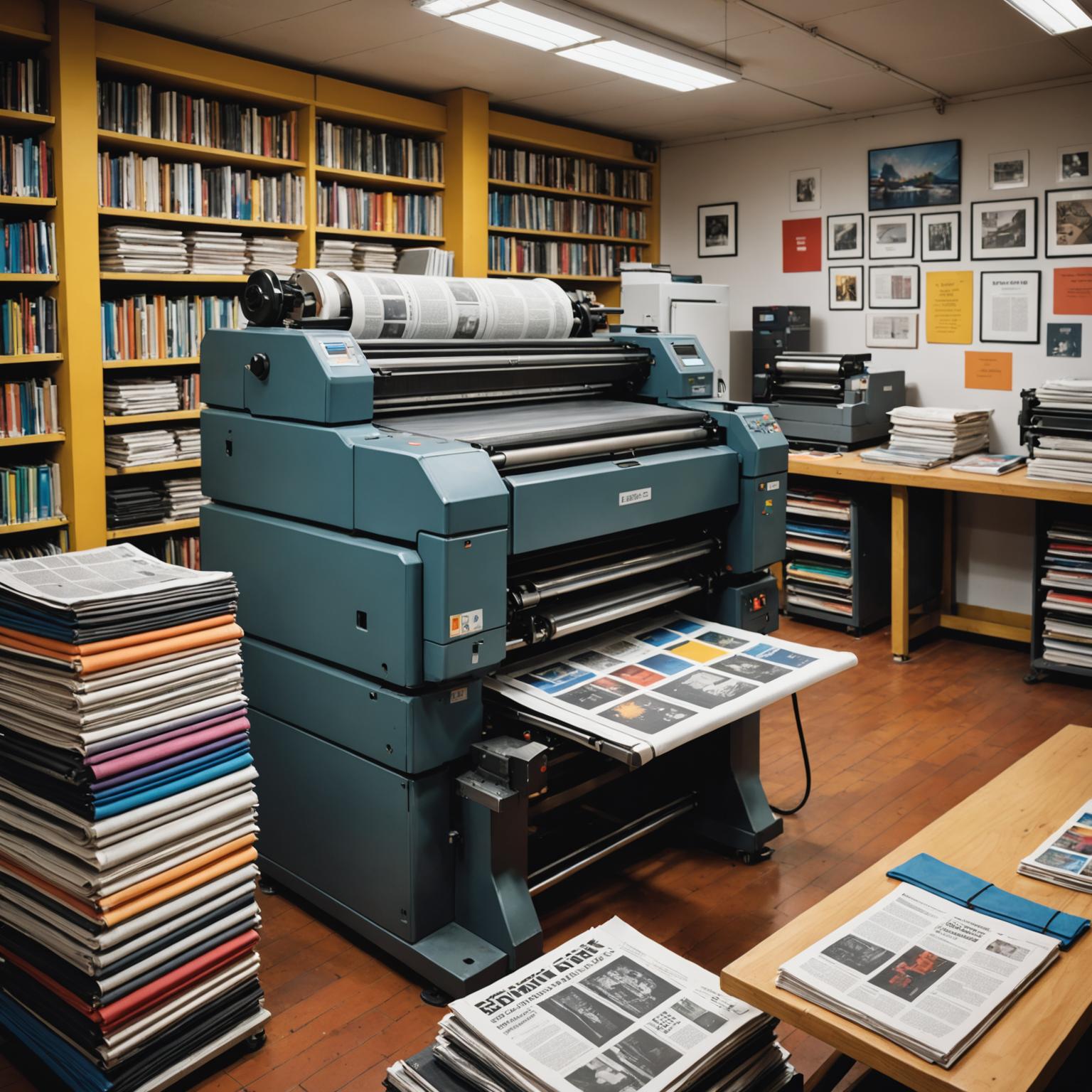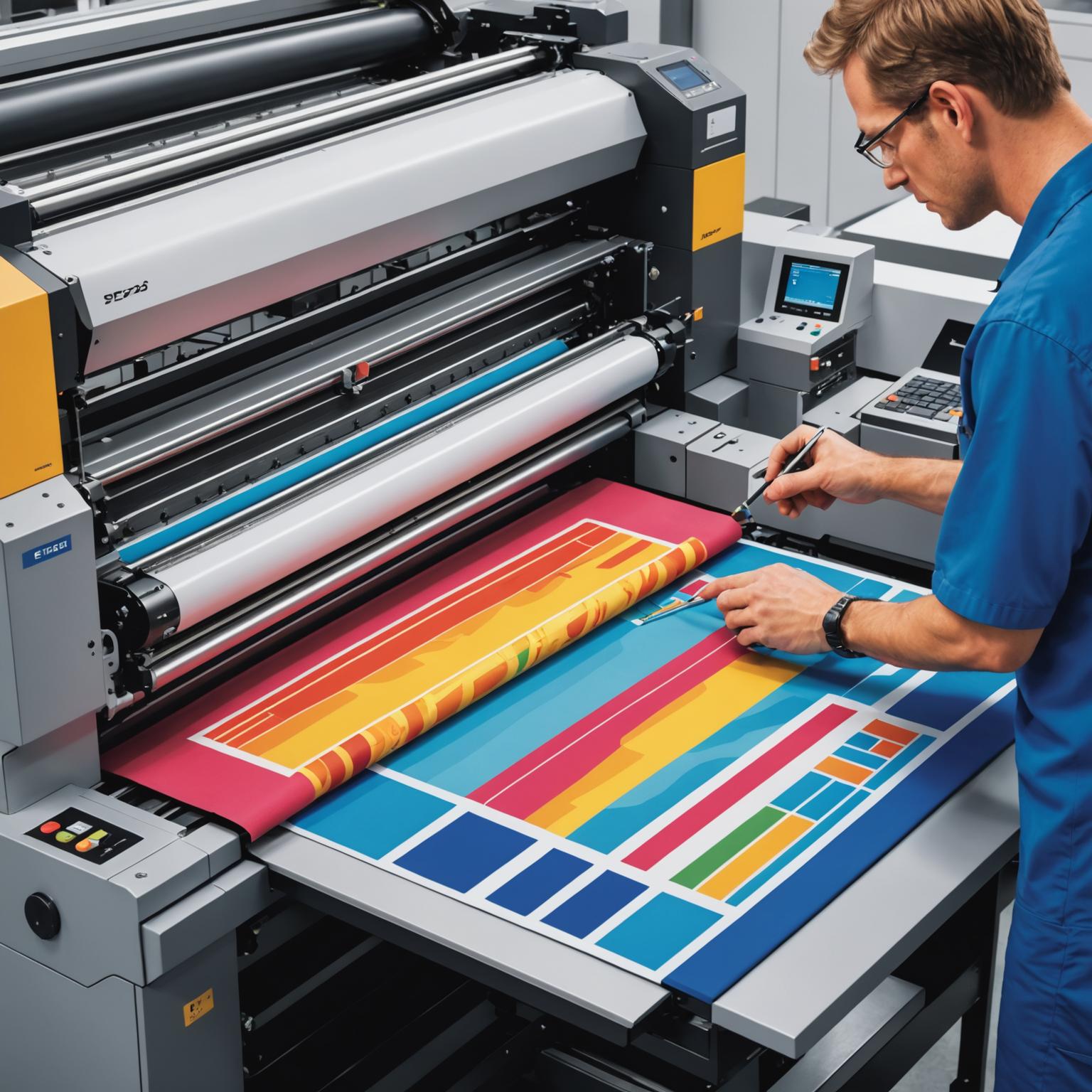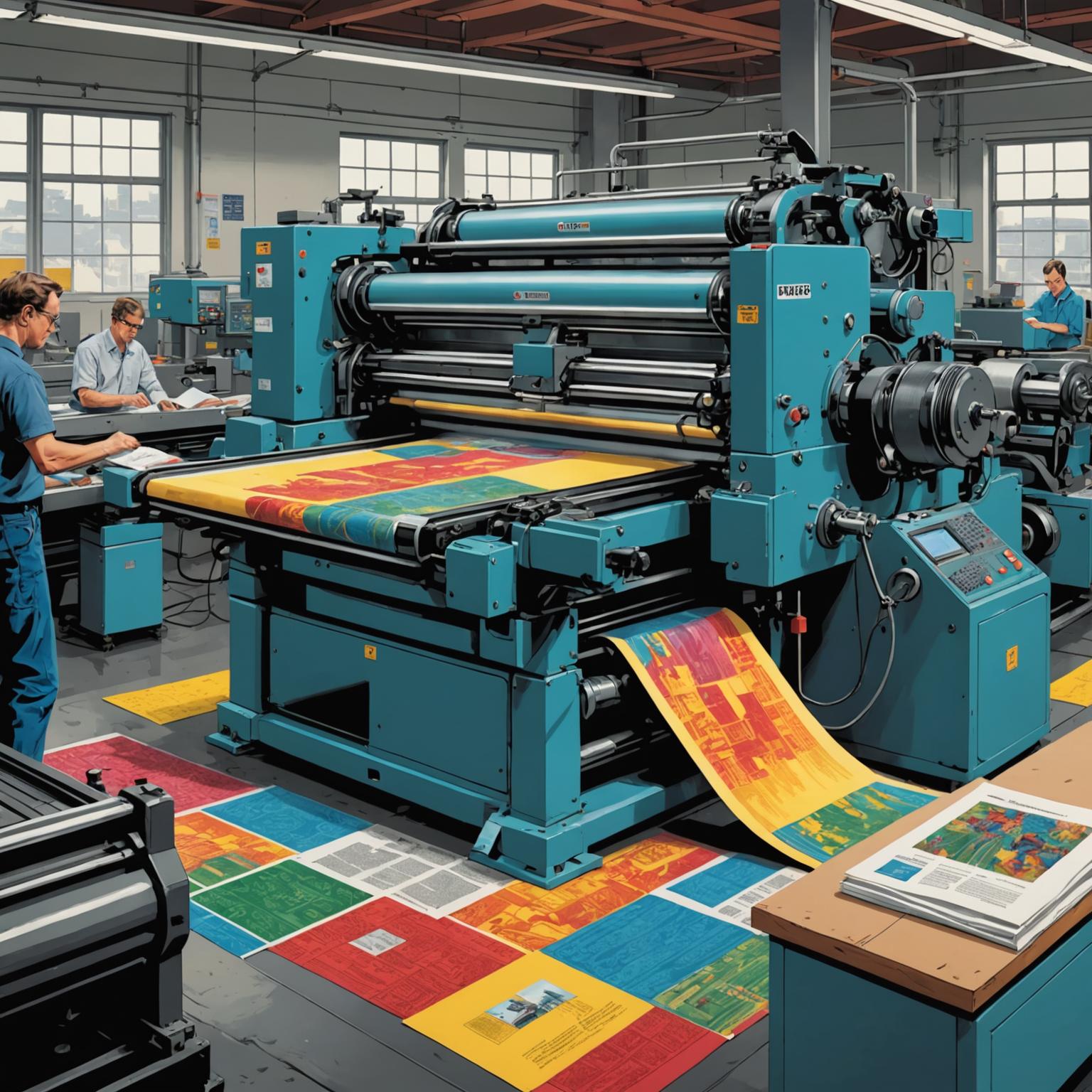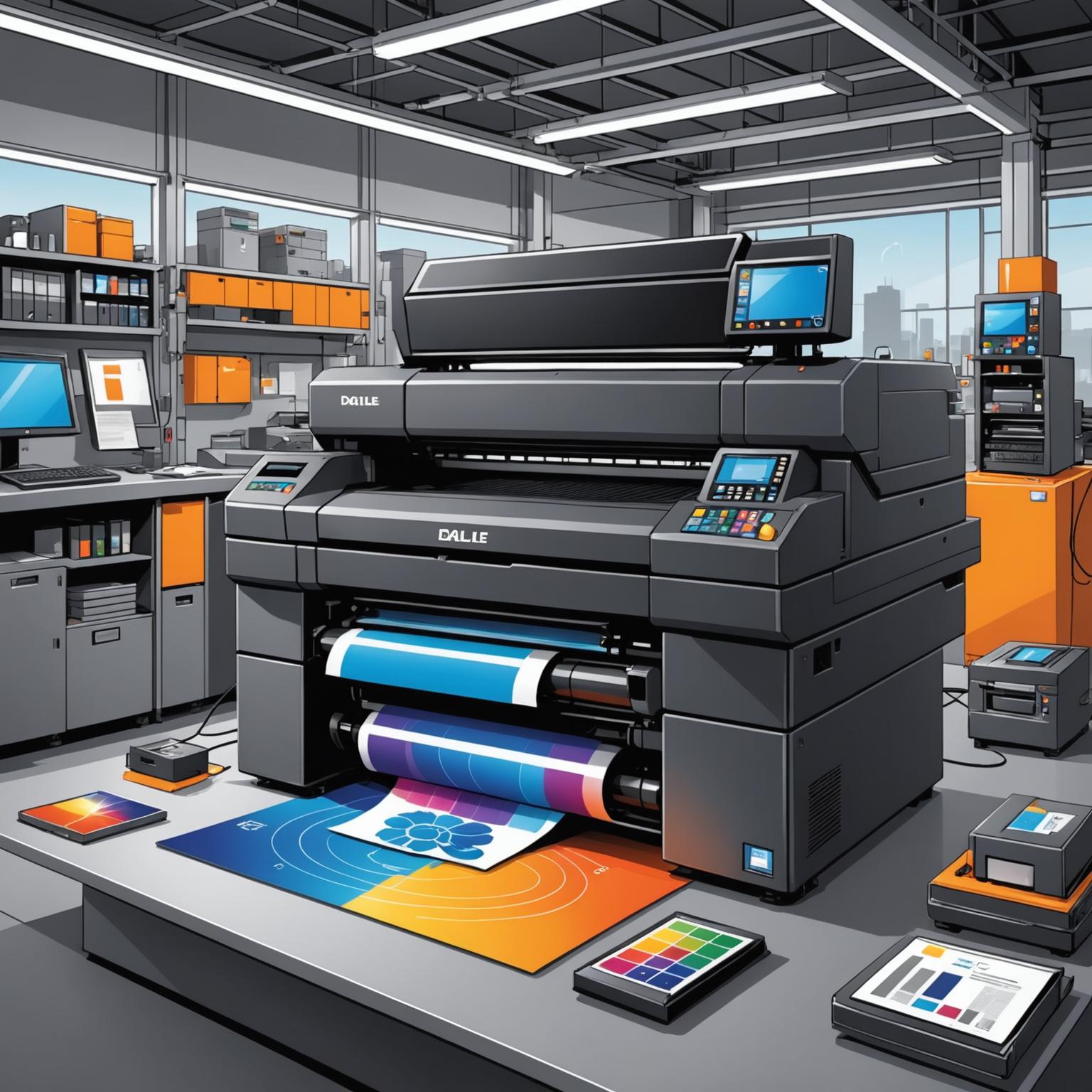A New Era of Responsibility: Embracing the EUDR
The global business landscape is continuously evolving, with a growing emphasis on sustainability and ethical sourcing. A landmark development in this area is the new European Union Deforestation-free Regulation, commonly known as the EUDR. This regulation sets a new standard for companies placing products on the EU market, requiring them to prove their supply chains are not linked to deforestation. For businesses across all sectors, understanding and adapting to this legislation is crucial, particularly for those who rely on paper-based packaging and labeling. This shift is not just about compliance; it's about demonstrating a commitment to environmental stewardship and meeting the expectations of modern consumers for sustainable packaging solutions.
What is the Deforestation-free Products Regulation?
The EUDR, or Deforestation-free Products Regulation, is a comprehensive piece of legislation designed to curb the EU's contribution to global deforestation and forest degradation. It mandates that companies must conduct thorough due diligence to verify that specific commodities—including wood, palm oil, soy, and rubber, as well as derived products like paper and cardboard—are deforestation-free and have been produced in accordance with the laws of the country of production. This requires a high level of transparency and traceability throughout the supply chain. Achieving compliance with deforestation regulations means businesses must collect precise geographical information on the land where their raw materials were grown, ensuring a verifiable chain of custody from the source to the final product. The regulation represents a significant step towards holding businesses accountable for their environmental footprint.
Implications for Packaging and Self-Adhesive Paper
For the packaging industry, the EUDR has profound implications. Many common packaging materials, from shipping boxes to product labels, are derived from wood pulp. This means that products like self-adhesive paper now fall under the stringent requirements of the new law. Companies must be able to prove that the paper used in their packaging and labels does not come from deforested land. This challenge necessitates a move towards verified environmentally friendly paper products and working with suppliers who can provide the necessary documentation for compliance. The focus is shifting from simply using recycled content to proving the virgin fibers in any product mix are sourced responsibly, making deforestation-free manufacturing a non-negotiable standard for market access in the EU.
Achieving Compliance with Sustainable Solutions
Forward-thinking companies can navigate these changes by proactively seeking out compliant materials and partners. The key is to source products that are already aligned with the principles of the EUDR. This includes choosing labels and packaging made through a deforestation-free manufacturing process, backed by credible certifications and transparent sourcing data. For instance, AVERY self-adhesive labels offer a reliable pathway to compliance. By integrating certified materials and eco-friendly adhesives, these products are designed to meet rigorous environmental standards. Choosing solutions like AVERY eco-labels ensures that your labeling practices not only adhere to the law but also enhance your brand's reputation as a responsible and sustainable entity.
Partnering for a Greener Future
Ultimately, compliance with the EUDR is an opportunity to strengthen supply chains and build a more sustainable business model. By selecting partners and products that prioritize environmental integrity, such as AVERY self-adhesive labels, companies can confidently meet regulatory demands. These sustainable packaging solutions provide peace of mind and demonstrate a tangible commitment to protecting the world’s forests. Embracing environmentally friendly paper products and eco-friendly adhesives is more than a legal obligation; it is a strategic decision that aligns your business with the future of global commerce, where sustainability and transparency are paramount. As you assess your packaging needs, prioritize suppliers who can deliver not just quality and performance, but also verifiable compliance with deforestation regulations.







